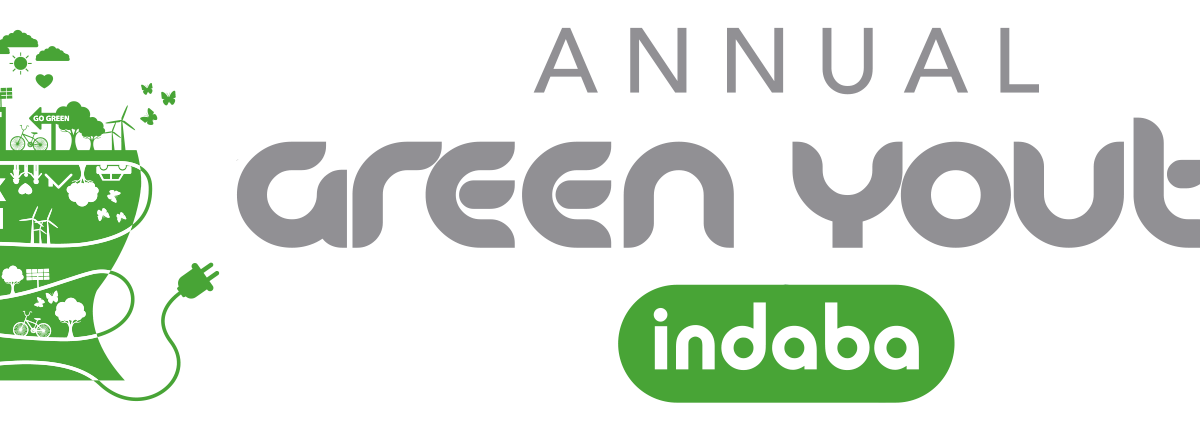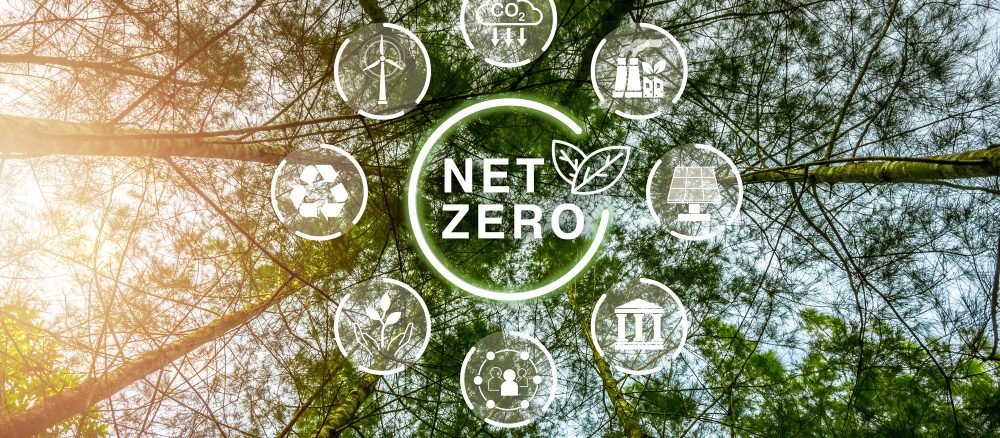Putting youth to work while preserving a South African ecosystem
The National Water Act (Act 36 of 1998) defines a wetland as an area of land that is a transition between terrestrial and aquatic systems, where the water table is typically at or near the surface or the area is occasionally covered by shallow water, and that supports or would normally support vegetation that is typically adapted to life in saturated soil.
Wetlands are the most endangered ecosystems in South Africa, with 48% of its 791 wetland ecosystem types being critically endangered, 12% endangered, 5% vulnerable, and 35% least threatened.
The iSimangaliso Wetland Park, the third-largest protected area in South Africa, was preserved from dune mining by committed conservationists, including former President Nelson Mandela. It was classified as a UNESCO World Heritage Site.
However, by 2009, mining, sugar cane farming, and nitrogen runoff from nearby forest plantations had all contributed to Lake St. Lucia’s water becoming poisoned. The amount of water was also decreasing due to changes in the freshwater entering it. The flora and animals of the wetland were seriously endangered, and stakeholders could not agree on the best way to protect the estuary and the Lake St. Lucia system.
Some of the most productive yet endangered ecosystems in the world are estuaries and the wetlands they are surrounded by. By naturally serving as carbon sinks, enhancing water quality, and offering significant economic and recreational opportunities, they provide services for climate regulation. They provide a crucial connection between ecosystems on land, in the water, and in the ocean.
Some people could refer to this as a miracle, but in the native Zulu language. One of the young people from the community who was able to pursue further education in conservation, tourism, and allied professions through GEF-funded training is Sifiso Vumasa, 31, who works as an environmental education assistant in the park. Communities in and surrounding the park were also encouraged to participate in training and sub-grant programs in enterprise development to increase welfare and means of subsistence.



